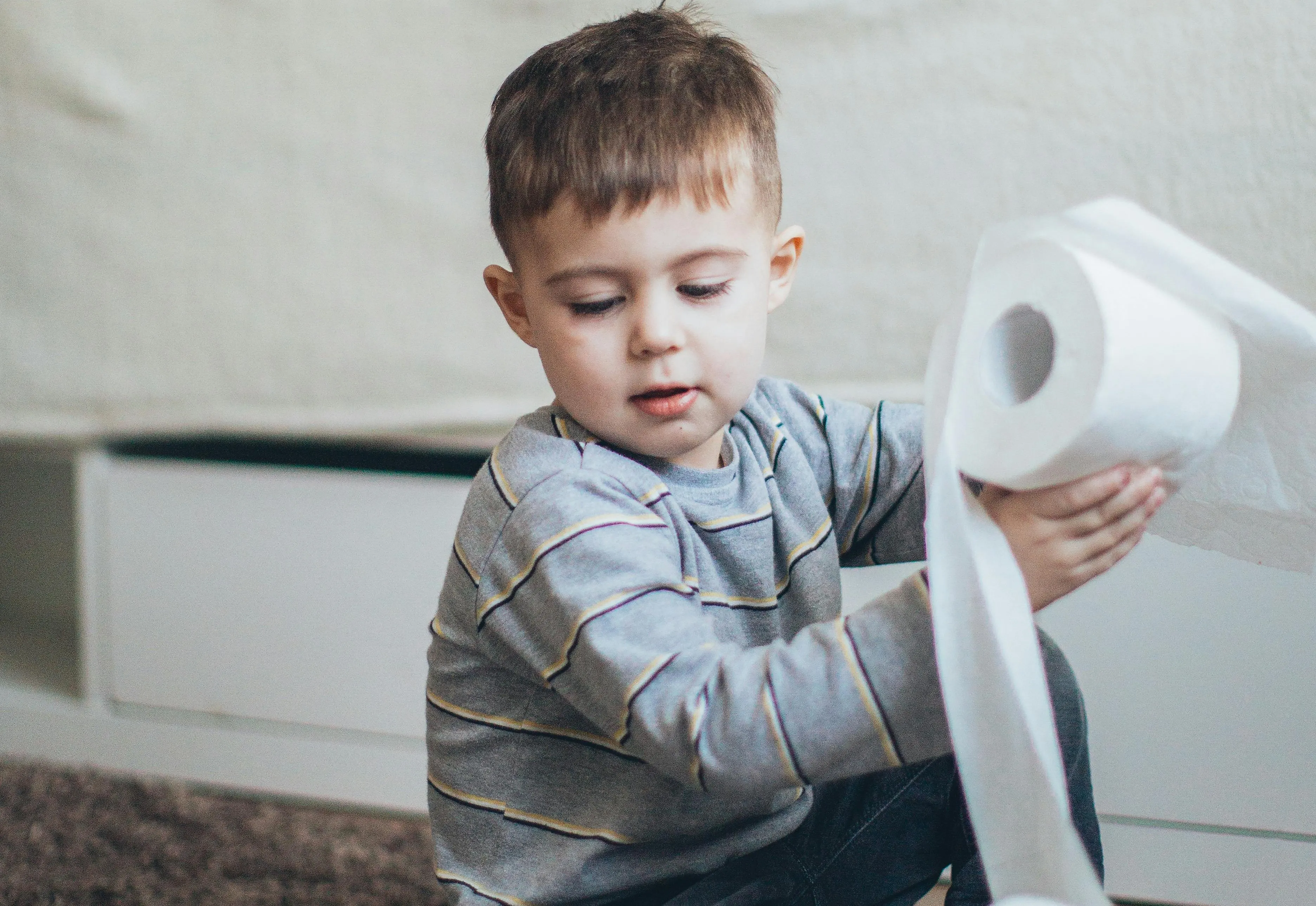
Pathological Demand Avoidance (PDA) and toileting
According to Autism UK, Pathological Demand Avoidance syndrome (PDA) also known as Pervasive Drive for Autonomy, refers to children and adults who avoid everyday demands and expectations to an extreme extent.
Children with PDA may not follow toileting instructions because they don’t understand what to do, the task feels too complicated, or they don’t like that adults control how and when to pee and instead believe this is something they can and should control.
As a result, these children may find toileting extremely stressful and do whatever they can to avoid it including
- hiding under tables or in cupboards
- going limp
- crying
- verbal withdrawal
- hitting, kicking and screaming.
Many parents and teachers find the recommended strategies for autistic children aren't effective for a child with PDA, particularly when it comes to toileting. But there are things you can do.
Tips for toileting children with PDA
To avoid your toilet becoming a battleground:
- Try to ignore negative behaviours and see them as signs of distress. Respond calmly and matter-of-factly. Even better, with humour!
- Break the toileting process into more manageable steps. Focus on one stage at a time and be enthusiastic about the process, for example, celebrate flushing a poo down the toilet.
- Choose your battles – don’t sweat the small stuff.
- Don’t demand compliance. Be prepared to negotiate.
- Provide options. Being able to choose between activities or items empowers children and reduces their anxiety.
- Be creative and flexible in your approach – use role play and bring your child’s favourite toys into the mix. Keep it fun.
- If your child is very anxious, let them withdraw to a safe place until they’re calmer.
Often, children with PDA learn to be more compliant at school, but don’t take it personally. This indicates they can express their anxiety where they feel safe and secure - at home.
Remember:
- Your child may take longer to master the toileting process – be patient and positive, and don’t try to rush it.
- Never force your child to go to the toilet, physically or verbally.
- Even if you're feeling frustrated, don’t let your child know. Remember that they are doing their best.
- Make sure your child has everything they need to feel comfortable and happy sitting on the toilet.
For more books on getting your child toilet-trained, contact the IHC Library on 0800 442 442 or email librarian@ihc.org.nz
Helpful materials
A range of resources offering guidance and strategies for effective toilet training and managing bowel and bladder health in children.
Children's Books offering guidance for parents, professionals, and carers.




